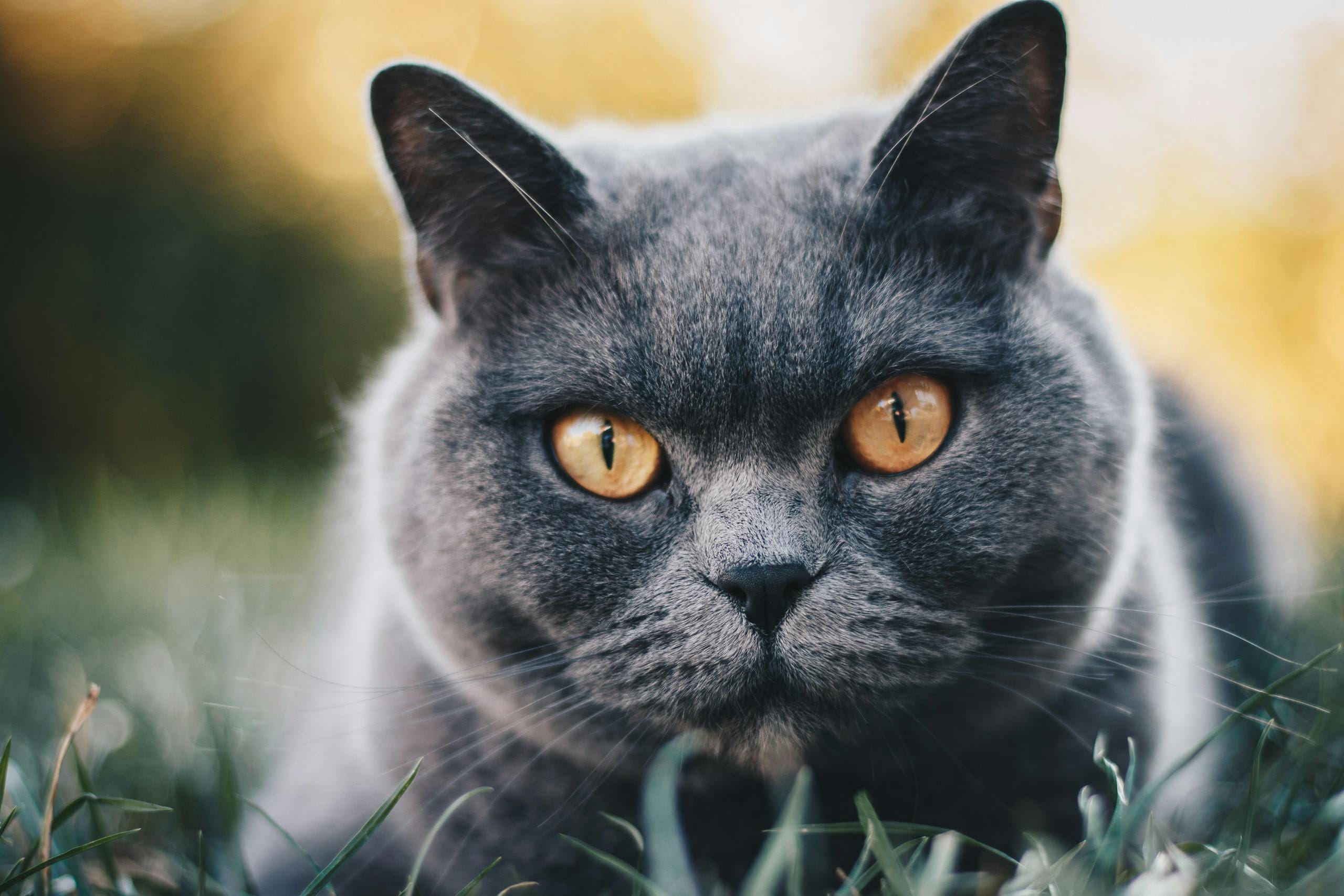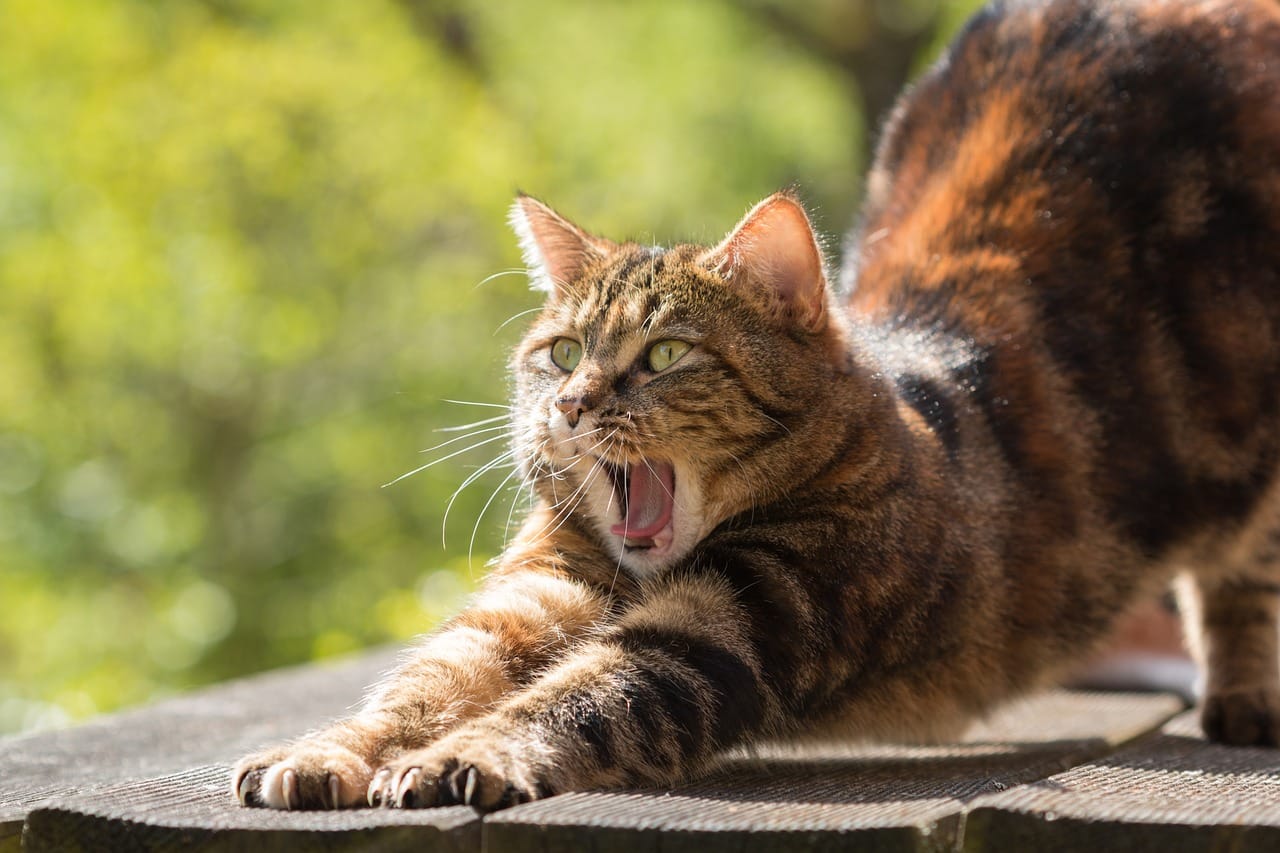How To Get Rid Of Fleas On Newly Adopted Kitten? Safe & effective flea treatment for kittens. Learn how to treat a kitten flea infestation quickly & easily. Protect your new furry friend!
How To Get Rid Of Fleas On Newly Adopted Kitten
Bringing home a new kitten is an incredibly exciting time, filled with playful antics and adorable purrs. However, this joy can quickly turn to concern if you discover your new furry friend has a flea infestation. Learning how to get rid of fleas on newly adopted kitten is crucial for your kitten’s health and your home’s hygiene. This comprehensive guide will walk you through effective and safe flea treatment for kittens, addressing everything from identification to prevention.
Identifying a Kitten Flea Infestation
Before jumping into treatment, it’s essential to confirm you’re dealing with a flea infestation. Fleas are tiny, wingless insects that feed on the blood of mammals. Signs of a flea infestation in kittens include:
- Excessive scratching and biting
- Visible fleas (tiny, dark brown insects) in the fur
- Flea dirt (dark specks of dried blood) in the fur, especially along the spine
- Irritated or inflamed skin
- Hair loss or bald patches
- Restlessness and general discomfort
If you suspect fleas, a thorough examination of your kitten’s fur is essential. Part the fur and carefully inspect the skin. You might even see tiny, jumping insects. If you’re unsure, a visit to your veterinarian is always recommended. They can confirm a diagnosis and rule out other skin conditions that might mimic flea infestations, like mange or allergies.
Safe and Effective Flea Treatment for Kittens
Never use adult flea products on kittens. Many products designed for adult cats contain chemicals toxic to young kittens. Always consult your veterinarian before using any flea treatment. They can recommend the safest and most effective flea treatment for kittens based on your kitten’s age, weight, and overall health.
Commonly recommended kitten flea infestation treatments include:
- Flea Combs: A fine-toothed flea comb can help remove adult fleas from your kitten’s coat. Be gentle and methodical, combing through the fur thoroughly. Dip the comb frequently in soapy water to kill the collected fleas.
- Flea Shampoos: Specifically formulated kitten flea shampoos are available, but remember to follow the instructions carefully. Never get shampoo in your kitten’s eyes or ears. After shampooing, rinse thoroughly. Learn more about safely bathing your kitten.
- Topical Medications: Your veterinarian might recommend a topical flea medication designed for kittens. These are usually applied to the back of the neck and are designed to spread through the coat. Follow the dosage instructions precisely.
- Oral Medications: In some cases, your vet might prescribe an oral medication to control the flea infestation. These are typically only used for severe infestations or in cases where topical treatments haven’t been effective.
Remember, consistency is key. Follow the treatment plan recommended by your veterinarian diligently, even if you don’t see immediate results. It often takes time to completely eradicate a flea infestation.
Cleaning Your Home to Prevent Re-Infestation
Treating your kitten is only half the battle. Fleas can easily re-infest if your home isn’t thoroughly cleaned. Thorough cleaning is crucial to preventing further kitten flea infestation. This includes:
- Vacuuming: Vacuum your entire house, paying special attention to carpets, rugs, upholstery, and your kitten’s bedding. Dispose of the vacuum bag immediately in an outdoor trash can.
- Washing: Wash your kitten’s bedding, blankets, and any other items they frequently come into contact with in hot water (at least 130°F) and dry them on a high heat setting. This will kill any fleas and flea eggs.
- Steam Cleaning: Steam cleaning carpets and upholstery can effectively kill fleas and their eggs.
- Flea Sprays: You can use flea sprays specifically designed for pet-safe environments. Be sure to choose products safe for kittens and follow all instructions carefully.
Keeping your home clean and flea-free is crucial for preventing re-infestation, particularly if you have other pets. Remember, a clean environment is also important for your kitten’s overall health, reducing the risk of other issues such as ear mites. Learn more about ear mite treatment for kittens.
Preventing Future Flea Infestations
Prevention is always better than cure. Take steps to minimize the risk of future flea infestations by:
- Regular Flea Treatments: Discuss preventative flea treatments with your veterinarian. They can recommend age-appropriate products to keep your kitten protected throughout their life.
- Yard Maintenance: Keep your yard clean and free of debris where fleas can thrive. Regularly mow your lawn and remove tall weeds.
- Flea Collars: Flea collars can provide additional protection, but always check with your vet before using one to ensure it’s safe for your kitten’s age and health.
- Regular Grooming: Regular brushing will help remove loose hair and prevent matting, making it easier to spot fleas and remove them early.
Creating a flea-free environment for your kitten is important for their comfort and well-being. A healthy kitten is a happy kitten! If your kitten is exhibiting unusual behavior, such as excessive biting, you might want to address this as well. Learn how to manage kitten biting.
Addressing Underlying Health Issues
Sometimes, a flea infestation can indicate an underlying health issue, especially in newly adopted kittens. Stress from a change in environment or a weakened immune system can make kittens more susceptible to infestations. Ensure your kitten has a comfortable and safe space in your home. Kitten-proofing your home is also crucial to ensure their safety and well-being.
If your kitten has a severe flea infestation or shows signs of other health problems, consult your veterinarian immediately. They can run tests to rule out any underlying conditions, such as anemia caused by severe blood loss from the fleas, and recommend appropriate treatment.
Additional Resources
For further information on kitten health and care, you can explore resources like the American Society for the Prevention of Cruelty to Animals (ASPCA) website: https://www.aspca.org/pet-care/cat-care. This provides a wealth of information on various aspects of cat care, including parasite control.
The Cornell University College of Veterinary Medicine also offers a comprehensive website with information on feline health: https://www.vet.cornell.edu/. They offer detailed information on various feline health issues and treatments. It’s a great resource for further learning on keeping your kitten healthy.
Important Note on Medication
Never administer any medication, including flea medication, to your kitten without first consulting your veterinarian. Incorrect dosages can be harmful and even fatal. Always follow your veterinarian’s instructions carefully. Also, be aware that not all medications are available over the counter. Learn more about obtaining appropriate medications for your kitten.
Conclusion
Dealing with a flea infestation on your newly adopted kitten can be stressful, but with proper identification, treatment, and preventative measures, you can effectively get rid of fleas and keep your kitten healthy and happy. Remember to always consult your veterinarian for guidance and safe treatment options.
Share Your Experience!
Have you successfully treated a flea infestation in your kitten? Share your tips and experiences in the comments below! Let’s help other cat parents navigate kitten flea infestation and provide the best care for their furry friends! What flea treatment for kittens worked best for you?

Frequently Asked Questions: How To Get Rid Of Fleas On Newly Adopted Kitten
- 1. My newly adopted kitten has fleas! What’s the first thing I should do?
- Immediately isolate your kitten to prevent flea spread. Thoroughly vacuum your home, focusing on areas where the kitten spends time. Contact your veterinarian for advice on safe and effective flea treatment for kittens. Avoid using adult flea products on kittens.
- 2. What is the safest flea treatment for kittens?
- Your veterinarian can recommend the safest and most effective flea treatment for kittens based on age and weight. They may suggest a topical solution, oral medication, or a flea comb, depending on the severity of the kitten flea infestation.
- 3. Can I use adult flea products on my kitten?
- No, absolutely not. Adult flea products are often toxic to kittens and can be fatal. Always consult your vet for appropriate flea treatment for kittens.
- 4. How do I prevent a kitten flea infestation from spreading to my home?
- Frequent vacuuming is key. Wash all bedding and soft furnishings in hot water. Consider using a flea spray designed for pet areas, following label instructions carefully. Treat all pets in the household.
- 5. My kitten is scratching excessively. Is this a sign of fleas?
- Yes, excessive scratching is a common symptom of fleas. You may also see flea dirt (dark specks) in its fur. A vet visit is crucial for diagnosis and flea treatment for kittens.
- 6. How long does it take to get rid of fleas on a kitten?
- It usually takes several weeks to completely eliminate a kitten flea infestation. Consistent treatment and thorough cleaning are essential.
- 7. What are the signs of a severe flea infestation in a kitten?
- Severe infestations can cause anemia, skin irritation, and even secondary skin infections. Signs include lethargy, pale gums, and significant hair loss. Seek immediate veterinary attention.
- 8. Can I use natural remedies to treat fleas on my kitten?
- While some natural remedies may offer limited relief, they are often not effective enough to eliminate a significant kitten flea infestation. Always consult your vet before using any natural remedies on your kitten.
- 9. Is it safe to bathe my kitten to remove fleas?
- While bathing can help remove some fleas, it’s not a primary treatment. Use a kitten-safe shampoo, and avoid frequent bathing as it can dry out their skin. Always combine bathing with other flea treatment for kittens recommended by your vet.
- 10. How can I prevent my kitten from getting fleas again after treatment?
- Regular flea prevention medication, as recommended by your vet, is crucial. Maintain a clean home environment and treat any other pets in the household. Regularly check your kitten’s fur for fleas.

How to Get Rid of Fleas on Your Newly Adopted Kitten
Bringing home a new kitten is exciting, but finding fleas can quickly dampen the joy. Acting swiftly and carefully is crucial for your kitten’s health and your home’s cleanliness. Before you even begin treatment, remember to kitten-proof your home to prevent future infestations. This includes thorough cleaning and removing potential hiding places. Learn more about preparing your home for your new furry friend at this helpful guide on kitten-proofing.
Veterinary Consultation: The first and most important step is a visit to your veterinarian. They can accurately diagnose the flea infestation, rule out other skin conditions, and recommend the safest and most effective treatment for your kitten’s age and health. They can also advise on flea prevention strategies going forward. Never self-medicate your kitten; some flea treatments designed for adult cats can be toxic to kittens.
Flea Comb and Manual Removal: While waiting for your vet’s appointment or in conjunction with other treatments, you can use a fine-toothed flea comb to manually remove fleas from your kitten’s coat. This is a tedious but effective method, especially for small infestations. Remember to dip the comb frequently in a bowl of soapy water to drown the collected fleas.
Flea Bath (with caution): Bathing your kitten can be helpful in removing fleas, but only use a kitten-specific shampoo recommended by your veterinarian. Kittens are very susceptible to hypothermia, so only bathe them if absolutely necessary and follow all instructions carefully. Check out this guide for safely bathing your kitten.
Environmental Cleaning: Fleas don’t just live on your kitten; they thrive in your home environment. Thoroughly vacuum your entire house, paying special attention to carpets, rugs, and bedding. Wash all bedding, toys, and blankets in hot water (at least 130°F) to kill fleas and their eggs. Steam cleaning carpets and upholstery can also be effective.
Flea Control Products: Your veterinarian will likely recommend a specific flea treatment, such as topical drops, oral medication, or a flea collar. Follow their instructions precisely. Never use adult cat flea products on a kitten as they can be very dangerous. Avoid over-the-counter medications; consult your vet, as there are significant risks involved in using incorrect dosages or treatments. For instance, obtaining heartworm medication for kittens requires careful consideration; don’t attempt self-medication – learn more about heartworm medication for kittens here.
Ongoing Prevention: Once the infestation is under control, continue preventative measures to avoid future problems. Regular vacuuming, washing bedding, and using a vet-recommended flea preventative are essential. Remember that even with treatment, your kitten might still scratch due to irritation from flea bites. Excessive scratching might warrant attention, but it doesn’t always indicate flea activity, so it’s best to consult your vet to rule out other issues.
Important Note: If your kitten exhibits signs of illness beyond flea bites such as lethargy, loss of appetite, or unusual behavior, contact your veterinarian immediately. Also, keep a close eye on your kitten’s ears for signs of ear mites, a common problem that can sometimes accompany flea infestations. Learn how to identify and treat ear mites in this informative article. Finally, if your kitten has developed a habit of biting, you can find advice and guidance on how to stop your kitten from biting here.

How To Get Rid Of Fleas On Newly Adopted Kitten, flea treatment for kittens, kitten flea infestation